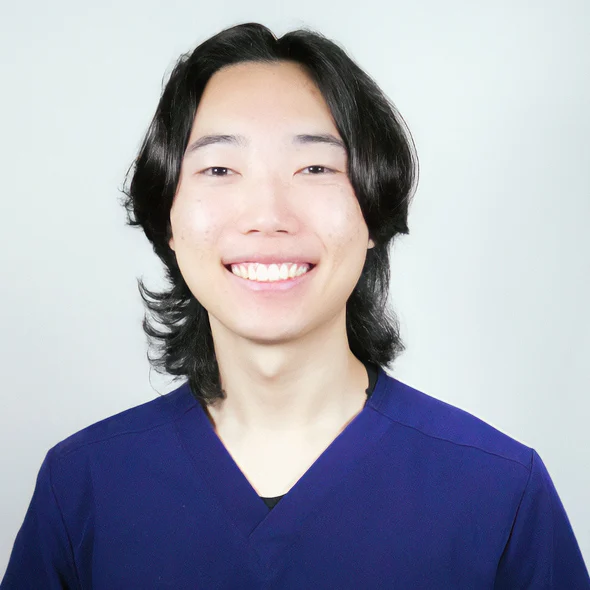What is the difference between dizziness and vertigo?
Dizziness and vertigo are often lumped together. While there is overlap, they are not the same thing. Dizziness is a general term that describes a variety of symptoms, including feeling off balance, light-headed and unsteady. This can include symptoms of vertigo. Vertigo more specifically refers to the feeling when the room is spinning, or the patient feels as if they are spinning themselves.
What are the causes of dizziness and vertigo?
Dizziness and vertigo can both be indicators of a vestibular dysfunction. The vestibular system helps regulate balance and allows us to know our location in space. One of the most common causes of vertigo is known as benign paroxysmal positional vertigo (BPPV). BPPV is a peripheral vestibular disorder that affects the fluid of the inner ear. This causes vertigo when the head is oriented in specific positions, such as tipping the head back. When the head is tipped back, like lying down, the patient will feel as if they are spinning or the room is spinning. Vertigo can also be induced after traumatic brain injury (TBI), concussion or other nervous system disorders including multiple sclerosis. These are referred to as Central Vestibular disorders and affect structures of the central nervous system, including the cerebellum and the brainstem. This can also lead to vertigo.
What is the relationship between between vertigo and anxiety?
Patients who experience anxiety and anxiety disorders often report feeling dizzy and lightheaded. It becomes a negative feedback loop, where the dizziness and vertigo cause more anxiety. This creates a vicious cycle. This is caused by the impact of stress hormones on the vestibular system. Our body naturally responds to stressful situations by releasing hormones such as cortisol and histamines. This negatively impacts the vestibular system’s ability to transmit balance information to the brain. This incongruence between the signals leads to dizziness. At NorCal Brain Center, there are a variety of approaches that we take to recalibrate the vestibular system. This includes head and eye positioning maneuvers to synchronize inputs from the environment with the brain, Bertec Balance retraining and Neurosensorimotor Integrator Training.







